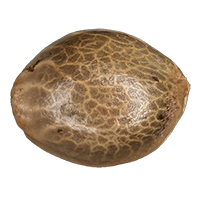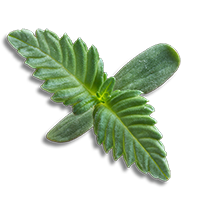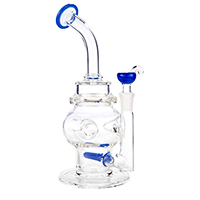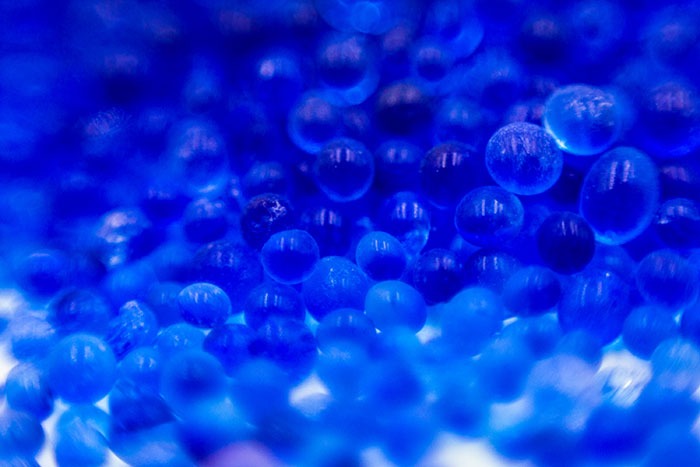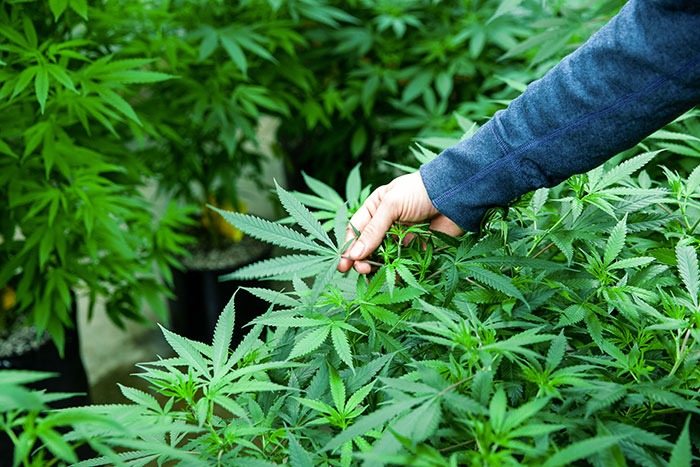Why silicon is so important
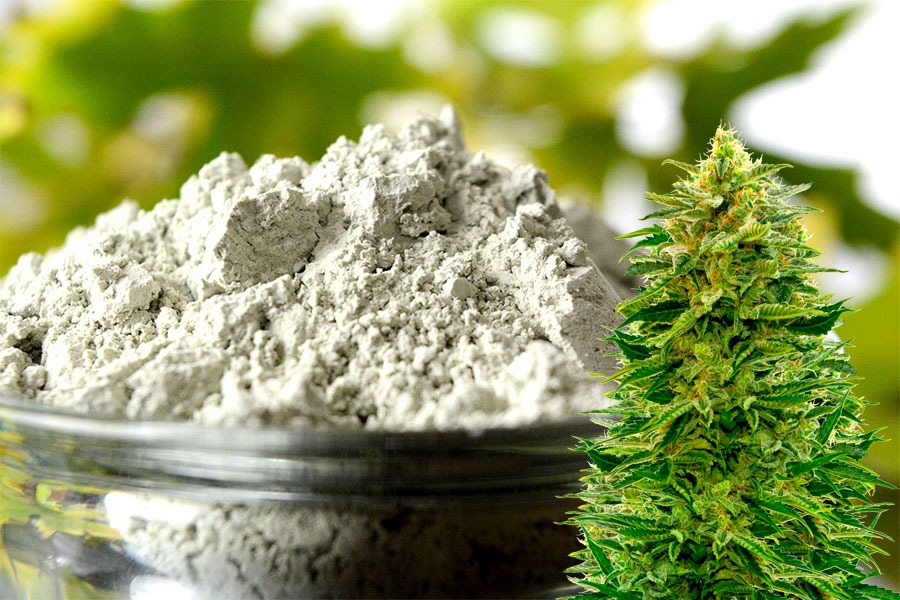
Silicon in cannabis cultivation: advantages, application, products
Silicon is extremely beneficial for cannabis plants: it helps ward off pests, build strong cell walls, absorb nutrients and achieve increased yields. Studies have shown that it should be applied throughout the life cycle: from seedling to harvest.
Silicon/silicic acid plays an important role in many things on our planet, it is a main component of the earth's crust, is also used in glass production and is also an all-rounder in the garden. Silicon dioxide, or silicic acid, is formed when silicon comes into contact with oxygen. Silicic acid occurs naturally in abundance in many soils and is a major component of plant tissue. Although silica (silicon) is very important for plant health, it is not usually considered an essential nutrient.
The benefits of silicon for your cannabis plants
Silicon strengthens the cell walls of the plants so that they can form strong and robust branches that can carry the weight of the buds without problems. Thicker branches absorb more nutrients and water. This in turn causes rapid growth and larger plants. Silicon could be called a super vitamin because it helps plants cope with a variety of environmental stresses: Drought, heat and cold, for example. It is therefore a good way to protect plants, especially for outdoor cultivation.
Silicon builds up a protective layer in the cells that minimises water loss and ensures that plants suffer less when water is scarce. When cannabis plants absorb soluble silicon, it accumulates in injured areas of the plant and helps to ward off fungi and pathogens. Plants use silicon as a defence to create an additional barrier, making it harder for pathogens to enter the plant. Some studies have shown that silicon can also repel pests. Due to the accumulation in the leaf epidermis, insects can only cause damage with difficulty. For this reason, leaf fertilisation with silicon-containing additives is particularly suitable.
Higher nutrient uptake: In addition to the other positive properties, silicon also helps plants to grow. It causes nutrients such as magnesium, potassium and nitrogen to be better absorbed, even when growing conditions are not optimal.
Help with harmful heavy metals: Heavy metals in the cannabis plant cause consumption to be toxic and also harm the plant and its health. This in turn affects the yield. In 2015, a study was published in the journal Ecotoxicology and Environmental Safety showing that silicon minimises the toxic effect of heavy metals in the soil and reduces the uptake by the plants.
Improved metabolic function: Plants supplied with soluble silicon have a higher chlorophyll content in the leaf tissue than plants cultivated without the semi-metal. In addition, plants supplied with silicon can make better use of CO2, which results in lush growth and lush greenery.
Use silicon correctly
For best results, we add the silicon to the nutrient solution as described in the respective dosage recommendation. In principle, the silicon should make up about 20-30% of the total fertiliser quantity. There are numerous products and additives that contain silicon. Be sure to use a product that has a high concentration of silicon dioxide. There should be more than 8% in the additive. Note that silicon is alkaline and this automatically raises the pH of the nutrient solution/watering water. Silicon even needs a pH above 7 to be soluble. For this reason, it must not be mixed directly with other nutrients, but added separately when all other nutrients are dissolved.


